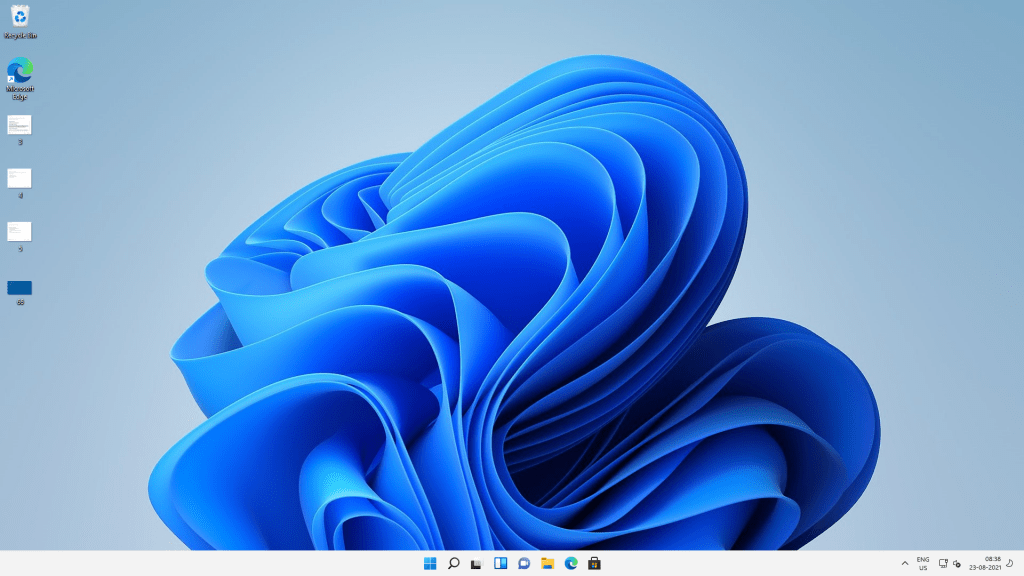Windows 11 FAQ
Windows 11 FAQ
This article answers most of the common frequently asked questions aka Windows 10 FAQ about Windows 11, the latest operating system by Microsoft.
Applies to: Windows 11
What is Windows 11?
Windows 11 is the next version of the operating system from the Windows Family by Microsoft Corporation, announced June 24, 2021. Windows 11 succeeds Windows 10. More information on this blog post:
What are the system requirements for Windows 11?

The system requirements for Windows 11 are as under:
- A ‘modern’ dual-core, 64-bit processor
- 1GHz clock speed
- 64GB drive
- 4GB RAM
- UEFI, Secure Boot capable
- TPM 2.0
- Greater than a 9-inch screen with HD Resolution (1366×768 equivalent)
- DirectX 12 compatible graphics / WDDM 2.x
- TPM 2.0 and Secure boot
In short, a decent modern PC would be able to run Windows 11. The supported processor’s list is here:
- Windows Processor Requirements Windows 11 Supported AMD Processors | Microsoft Docs
- Windows Processor Requirements Windows 11 Supported Intel Processors | Microsoft Docs
Is there a tool available to check PC compatibility?
Yes. See this article: Check Windows 11 compatibility using these tools – Your Windows Guide
My Processor is not on the compatibility list, however other requirements are met.
If your device meets the security baseline requirements, including TPM 1.2, UEFI, and Secure boot, you may be able to get Windows 11 offline through an ISO file when the release hits public. However, you would not get Windows 11 through Windows update(See here)
I want to upgrade to Windows 11. How is it available?
Windows 11 would be available later this fall for the general public.
I have a 32-bit Device. Can I upgrade to Windows 11?
Unfortunately no. As per MS, Since launching Windows 10 six years ago, many hardware innovations have happened in the PC space. Therefore, for Windows to move forward and take better advantage of the latest innovations, we need to update the baseline system requirements for modern PCs.
What are the new features introduced with Windows 11?
Windows 11 has significant differences from Windows 10. Some of the major changes include:
- New Shell User interface.
- You can run 64-bit apps on ARM.
- GUI support for WSL.
- New performance improvements, including Gaming.
- Revamped Microsoft Store.
- Android app support through Amazon Store.
- Improvements to the Windows update.
But wasn’t Windows 10 supposed to be the last version of Windows?
There is more to this. One of the developers said Windows 10 is the last version of Windows, and we are focusing on that. It was neither confirmed nor denied by Microsoft. It is true, but Microsoft decided to go with a new version number because of significant changes.
I am currently running Windows 10. For how long would it be supported?
Microsoft has committed that it would continue to support at least one release of Windows until 2025. So if you do not want to upgrade, it is okay.
Windows 10 Home and Pro – Microsoft Lifecycle | Microsoft Docs
Microsoft will continue to support at least one Windows 10 Semi-Annual Channel until October 14, 2025
Do I have to pay for Windows 11?
If you do not have an existing license of Windows 7,8, or 10, you would need to buy a copy when Windows 11 becomes available. If you have a current license of Windows, the upgrade is free of charge.
Would the final Build and version number be fit for use?
Absolutely. Windows Insider Builds, which are available as of now, are not fit for public use. As soon as Microsoft announces the stable release, it would be.
Are there any features removed in Windows 11?
Almost all of the features present in Windows 10 are present in Windows 11. However, some of those may have been deprecated. This means they are not actively developed or maintained. A list of deprecated features is here: Windows 11 Specifications – Microsoft.
Would I be able to Install Windows 11 offline?
With all the releases, Microsoft provides an ISO file, which you can use to upgrade offline. The ISO file would be available w.e.f the date of release. However, Windows 11 would require an Internet connection to set up your device for the first run.
Can I dual boot Windows 10 and Windows 11?
Yes, provided you have multiple partitions, and the PC passes the compatibility check, you can. But you must have a valid and different license for both OSes.
These are the answers to the most common Frequently asked questions(FAQs) for Windows 11. This article would be updated as information becomes available.
Also read:
Microsoft announces Windows 11
Check Windows 11 compatibility using these tools – Your Windows Guide
This is Windows 11 FAQ. The article would be updated as soon as more information becomes available.
